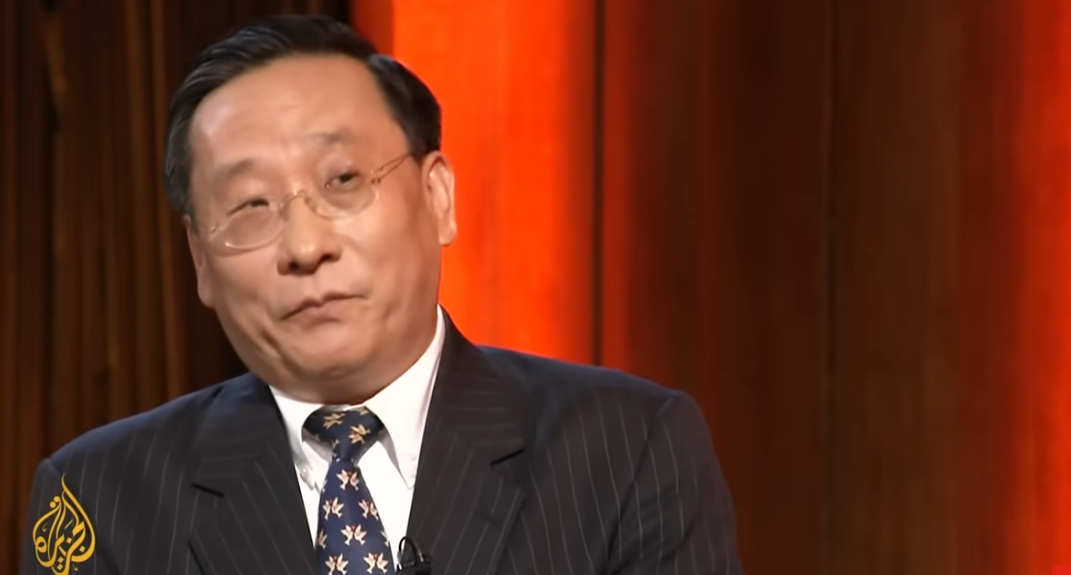Introduction
In recent years, China has emerged as a dominant force on the global stage, prompting discussions about its ambitions and the implications for international relations. Under the leadership of President Xi Jinping, the nation has experienced significant military and economic growth, raising concerns about its intentions both regionally and globally. This blog explores the complexities of China’s current trajectory, focusing on territorial disputes, human rights issues, and the impact of Xi’s governance style.
China’s Military Expansion
China’s military spending has seen unprecedented growth, positioning it as a formidable power in the Asia-Pacific region. Currently, China boasts the largest navy in the world, and President Xi has emphasized the need for military readiness, stating that the armed forces should be equipped to “fight and win wars.” This shift has raised alarms among neighboring countries, particularly in light of ongoing tensions in areas such as the South China Sea and Taiwan.
Regional Concerns
China’s neighbors, including Japan, India, and the Philippines, have expressed growing apprehension regarding China’s military buildup. For instance, Japan has voiced serious concerns about China’s increasing military presence and capabilities, while India remains wary due to historical border disputes. The Philippines has also warned that China’s actions pose a significant threat to regional stability.
The Taiwan Issue
The situation in Taiwan is particularly contentious. China views Taiwan as a part of its territory and has ramped up military drills and cyber activities aimed at the island. The rhetoric surrounding Taiwan has intensified, with Chinese officials making aggressive statements about potential actions against any moves toward independence. This has led to fears of a possible military invasion, prompting discussions about the implications for regional security.
Human Rights Concerns
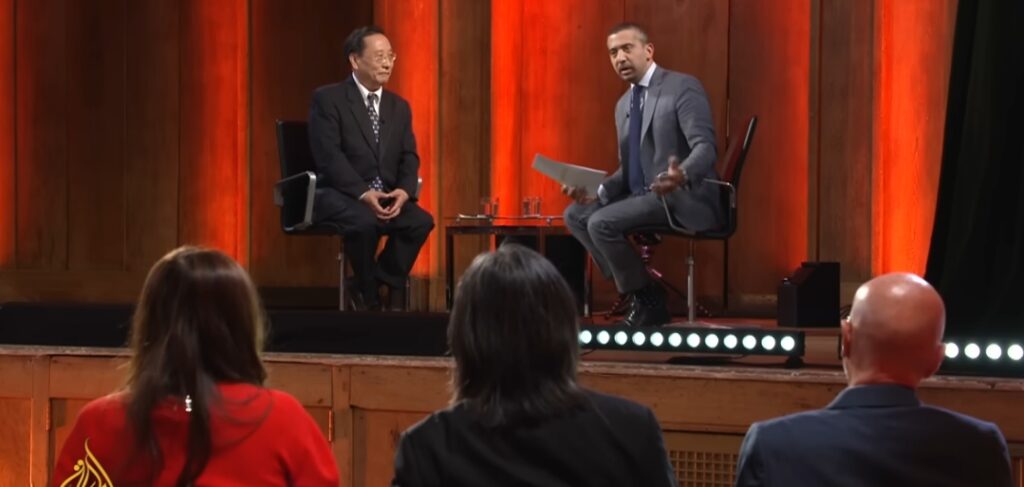
While China asserts that its military expansion is defensive, the country faces serious allegations regarding its human rights record. Reports of widespread abuses against the Uighur population in Xinjiang have drawn international condemnation. The Chinese government has been accused of detaining over a million Uighurs in what it terms “re-education camps,” with claims of torture and forced assimilation.
The Uighur Situation
The plight of the Uighurs has sparked significant debate about China’s policies towards its ethnic minorities. Critics argue that the Chinese government is conducting a campaign of genocide against the Uighurs, aimed at eradicating their cultural identity. In contrast, the Chinese government maintains that its actions are necessary for national security and counter-terrorism efforts.
International Reactions
The international community has responded with sanctions and calls for accountability regarding China’s treatment of the Uighurs. Human rights organizations have documented numerous accounts of abuse, further complicating China’s diplomatic relations with Western nations. The ongoing scrutiny of China’s human rights record raises questions about the country’s commitment to global norms and standards.
Xi Jinping’s Governance Style
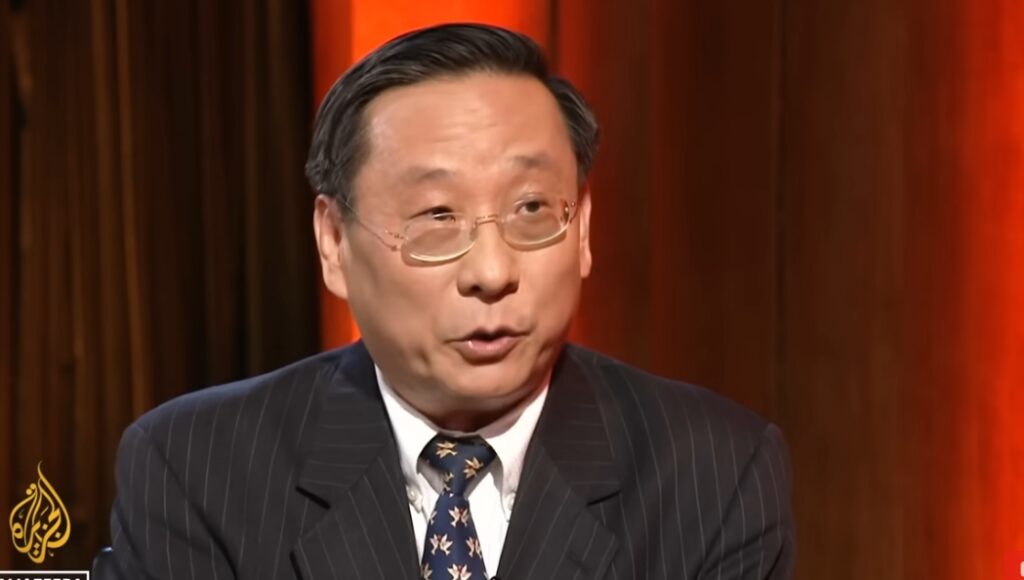
President Xi Jinping’s leadership has been characterized by a consolidation of power and an authoritarian approach to governance. Since assuming office, Xi has eliminated presidential term limits, effectively allowing him to remain in power indefinitely. This move has been interpreted as a shift towards a more dictatorial regime, raising concerns about the future of political freedoms in China.
The Cult of Personality
Xi’s regime has also fostered a cult of personality, with his thoughts and policies being enshrined in the Chinese Constitution. This centralization of power has led to a lack of political pluralism and dissent within the Communist Party. Observers have noted that this approach not only stifles opposition but also breeds an environment of fear and repression among the populace.
Impact on Free Speech
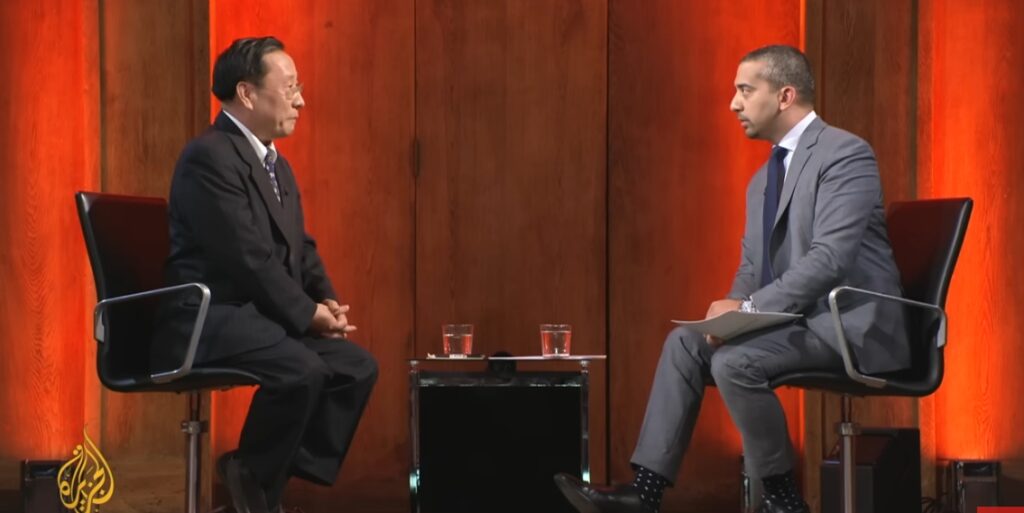
The crackdown on dissent and freedom of expression has become more pronounced under Xi’s leadership. Critics of the government face severe repercussions, including imprisonment and censorship. This has led to a climate where open discussions about governance, policies, and the party’s actions are stifled, further entrenching Xi’s control over the political narrative.
The Global Implications of China’s Rise
As China continues to assert itself on the world stage, the implications of its rise are felt globally. The increasing tensions in the South China Sea, the situation in Taiwan, and China’s human rights abuses have led to a reevaluation of foreign policy among Western nations. The question arises: how should the world respond to China’s growing influence?
Responses from the West
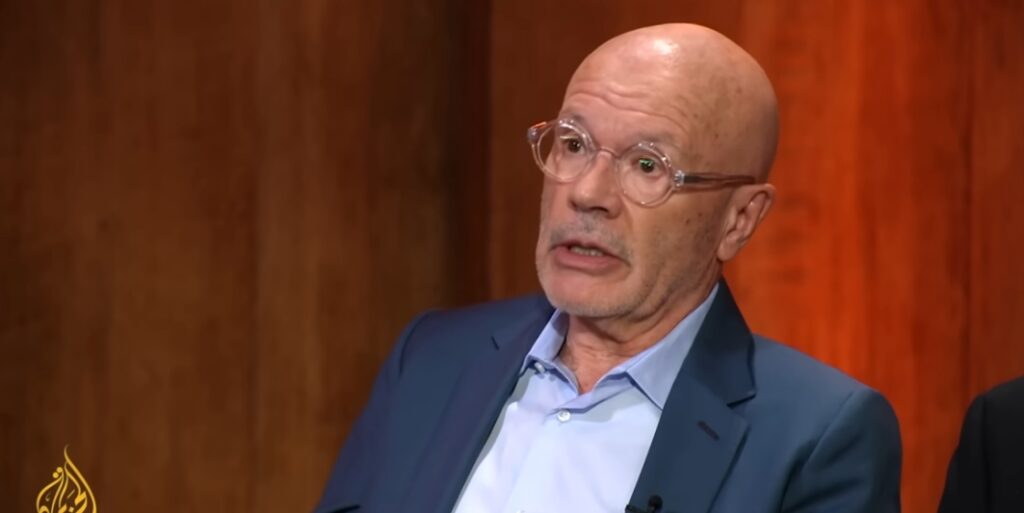
Western nations have begun to adopt more confrontational stances towards China, particularly in light of its military actions and human rights violations. Economic sanctions, diplomatic isolation, and increased military cooperation among allies have become common strategies to counter China’s ambitions. However, this approach also risks escalating tensions and leading to potential conflicts.
Future Scenarios
The future of China’s relationship with the West remains uncertain. Will China continue on its current path of assertiveness, or will it adapt its strategies in response to international pressures? The possibility of conflict over Taiwan or in the South China Sea looms large, and the global community must prepare for a range of scenarios as China’s influence grows.
Conclusion
China’s rise as a global superpower presents both opportunities and challenges. Under Xi Jinping’s leadership, the nation has embarked on a path characterized by military expansion and authoritarian governance. The implications of these developments extend beyond China’s borders, impacting regional stability and international relations. As the world grapples with China’s ambitions, it is crucial to engage in constructive dialogue while holding the country accountable for its actions on the global stage.

